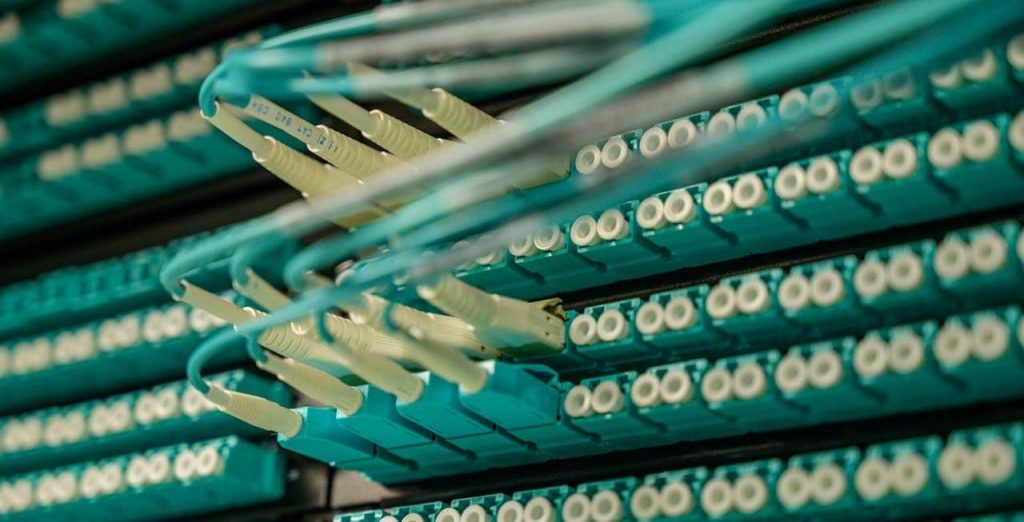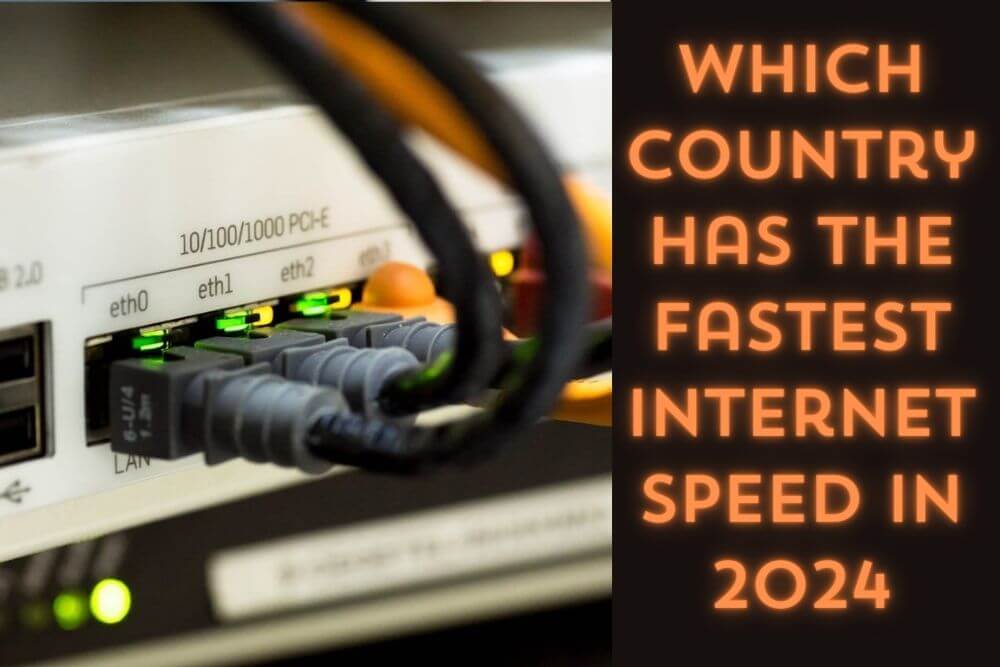The Cyber Race: Which Country Has the Fastest Internet Speed in 2024?
In our hyper-connected world, where cat videos load faster than a sneeze, internet speed matters. Whether you’re binge-watching your favorite show or attending a virtual meeting, a lightning-fast connection can make all the difference. So, let’s dive into the digital autobahn and explore which country is leading the charge in the race for internet supremacy.

1. Monaco: The Speedster of Broadband
Monaco, that tiny gem on the French Riviera, isn’t just about casinos and luxury yachts. It’s also home to the fastest broadband speeds on the planet. Picture this: while the rest of us are waiting for a webpage to load, Monégasques are already planning their next yacht party. With an average download speed of 261.82 Mbps, Monaco is the Usain Bolt of the internet world1.
2. Singapore: Where Pixels Zoom Like F1 Cars
Singapore, the gleaming city-state in Southeast Asia, isn’t just about skyscrapers and chili crab. It’s also the reigning champion of mobile internet speed. Imagine downloading an entire season of your favorite show during a coffee break. Singaporeans do it routinely, thanks to their average mobile speed of 89.45 Mbps. It’s like having a Ferrari for your Instagram stories1.
3. Chile: Surprising the World with Speed
Chile might be famous for its stunning landscapes and pisco sours, but it’s also quietly revolutionizing the internet game. With an average broadband speed of 248.65 Mbps, Chileans can stream 4K movies while balancing a llama on their heads. Okay, maybe not the llama part, but you get the idea1.
4. Hong Kong: Where Pixels Zoom Like F1 Cars (Again)
Hong Kong, the neon-lit metropolis where East meets West, is no stranger to speed. It’s the silver medalist in the broadband Olympics, with an impressive 263.07 Mbps. Hong Kongers can upload their entire vacation album before the dim sum arrives. Talk about efficiency
5. Romania: The Dark Horse of Connectivity
Romania, often overshadowed by its European neighbors, is quietly building a reputation as an internet powerhouse. With an average broadband speed of 226.6 Mbps, Romanians can binge-watch vampire shows without buffering. Dracula would be proud2.
6. Switzerland: Precision Meets Pixels
Switzerland, famous for its watches and chocolate, also knows a thing or two about internet precision. With an average broadband speed of 204.80 Mbps, Swiss folks can upload their fondue recipes faster than you can say “Gruyère.” It’s like their data packets are Swiss watches—always on time2.
7. The Global Trend: Faster, Stronger, Buffer-Free-er
As of 2024, the global average download speed on fixed broadband has soared to 113.25 Mbps, a significant improvement from just a year ago. Technology evolves, networks improve, and our cat videos load even faster. So, whether you’re in Monaco or Mongolia, expect the cyber race to keep accelerating.
The Road Ahead: A Collaborative Effort
While some countries are leading the charge, the race for faster internet is a global one. Here’s what needs to happen for a truly connected world:
- International Collaboration: Sharing best practices and fostering collaboration between nations can accelerate infrastructure development and knowledge transfer, particularly for developing countries.
- Public-Private Partnerships: Collaborative efforts between governments and private companies are essential for financing infrastructure projects and ensuring widespread internet access, especially in under-served regions.
- Focus on Affordability: While speed is crucial, affordability is equally important. Governments and ISPs need to work together to ensure that high-speed internet remains accessible to all, not just a privileged few.
Conclusion: A Connected Future
The internet has revolutionized our lives, and the quest for faster speeds continues to propel us forward. As technology evolves and the race for internet supremacy intensifies, we must remember that the ultimate goal is not just about crowning a champion. It’s about building a truly connected world where everyone, regardless of location or socioeconomic background, benefits from the transformative power of the internet. By prioritizing infrastructure development, fostering collaboration, and ensuring affordability, we can bridge the digital divide and create a future where the benefits of high-speed internet are accessible to all.
FAQs About Internet Speeds in 2024
Q1: Which country has the fastest internet speed?
A: In 2024, Monaco claimed the broadband speed title with download speeds of 226.60 Mbps, followed by last year’s leader, Singapore, and Hong Kong. However, once the focus switches to mobile connectivity, the list changes, with the United Arab Emirates taking the top spot with 238.06 Mbps1.
Q2: Why do smaller countries often lead in internet speed?
A: Smaller countries have an advantage when increasing internet speed because making necessary infrastructure upgrades is a slower and more daunting task in larger countries. For example, China’s mobile networks cover the country’s massive area quite well, but the United States faces challenges due to its vast size1.
Q3: How can I improve my internet speed at home?
A: Here are some tips:
- Upgrade your plan: Check if your internet service provider offers faster plans.
- Optimize your Wi-Fi: Position your router centrally, away from obstacles.
- Use a wired connection: Ethernet cables provide more stable speeds.
- Clear your cache: Regularly clear your browser cache and history.
- Limit background: Close unnecessary apps that consume bandwidth.
- Restart your router: Sometimes a simple reboot does wonders.
Remember, in the cyber race, there are no finish lines—only faster connections and more cat videos.
Speed is in megabits per second. Speed is for downloading.1
Disclaimer: No llamas were harmed in the making of this blog post.
Learn more

